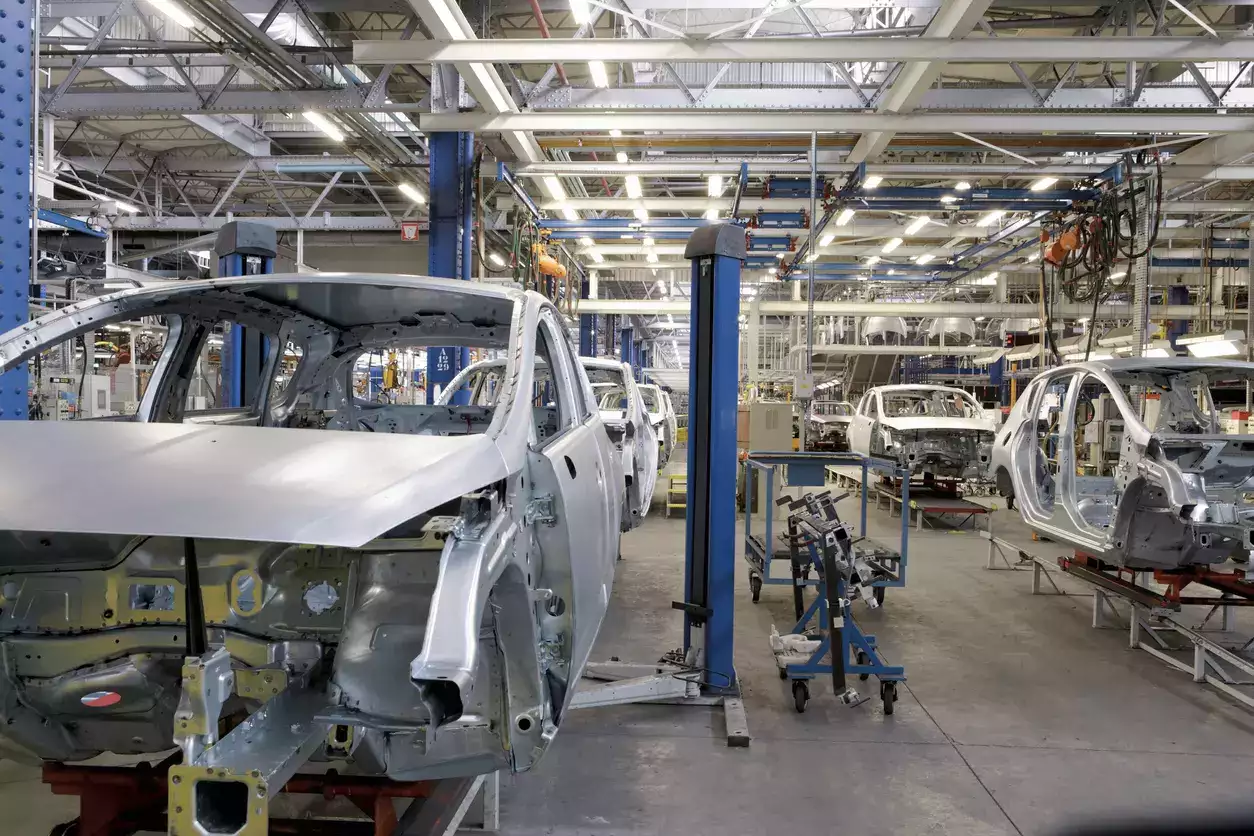In a recent development, India’s prominent conglomerate, the JSW Group, is currently engaged in preliminary discussions with Chinese automaker Leapmotor (9863.HK) regarding a potential technology licensing agreement to venture into the electric vehicle (EV) market in India. This strategic move aims to leverage Leapmotor’s advanced platform, which serves as the foundational framework for building electric vehicles. Under the proposed agreement, JSW would utilize Leapmotor’s platform to manufacture its own brand of EVs in India, marking the company’s second foray into the burgeoning EV industry.
It is anticipated that JSW will harness this platform to create a diverse range of at least three mid-sized sport-utility vehicles (SUVs), all customized for the Indian market. Leapmotor, in turn, will collaborate closely to engineer these vehicles specifically for JSW. Although the exact timeline for production commencement remains undisclosed, these developments signify JSW’s commitment to penetrate the evolving Indian EV market.
In addition to exploring technological partnerships, JSW has also been exploring the possibility of acquiring a stake in MG Motor India, a subsidiary of China’s SAIC Motor Corp (600104.SS). However, discussions in this regard have reportedly slowed down. It’s important to note that while the EV market in India remains relatively small, accounting for less than 2% of total car sales in the previous fiscal year, it is experiencing rapid growth. The Indian government has set an ambitious target of achieving 30% EV sales as a proportion of total vehicle sales by 2030.
One of the insiders involved in these discussions emphasized that JSW’s primary objective is to establish its own brand of EVs, making technology licensing a vital step. The company has been in discussions with several Chinese automakers, apart from Leapmotor, to explore potential collaborations. As negotiations are ongoing, the sources preferred to remain anonymous to maintain confidentiality.
Leapmotor has chosen not to comment on these discussions, and JSW has similarly declined to provide an official statement. Nevertheless, JSW’s Chairman, billionaire Sajjan Jindal, has publicly expressed his intent to enter the EV market and has acknowledged previous discussions with MG Motor.
JSW’s initial attempt to enter the EV market dates back to 2016. Recent reports in the Indian media have suggested that JSW is actively engaging with Chinese companies for technology partnerships and is considering acquiring Ford Motor Co’s (F.N) former southern India plant, which ceased production last year following Ford’s exit from the Indian market. The specifics of the discussions with Leapmotor have not been previously reported.
Notably, Tesla (TSLA.O) has also expressed interest in the Indian market and is in discussions with the Indian government to establish a manufacturing facility for affordable EVs. The government is actively working on incentivizing EV manufacturers by offering lower import taxes in exchange for investments in local manufacturing.
Leapmotor, founded in 2015, currently commands a modest share of less than 2% in China’s competitive EV market, where it offers four mass-market electric models. In August, the company unveiled a new EV platform that it intends to license to other automakers. A potential partnership with JSW would provide Leapmotor with a significant opportunity to generate revenue from the burgeoning Indian market, particularly as Chinese companies face challenges in setting up manufacturing facilities in India due to tightened foreign investment regulations from neighboring countries.
Moreover, Leapmotor has been exploring partnership discussions with other prominent automakers, including Stellantis (STLAM.MI) and Volkswagen (VOWG_p.DE), as reported in the media. These developments underscore the growing global interest and collaboration in the electric vehicle sector, as companies seek to establish a strong foothold in this transformative industry.





